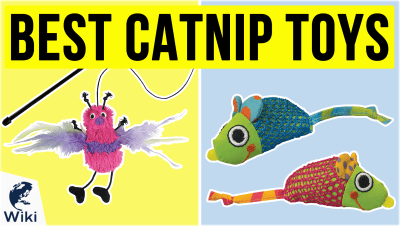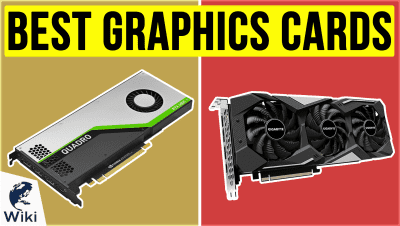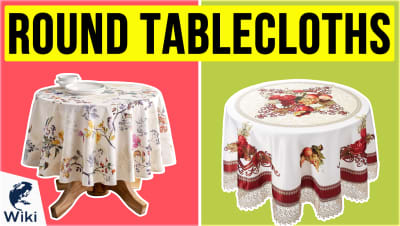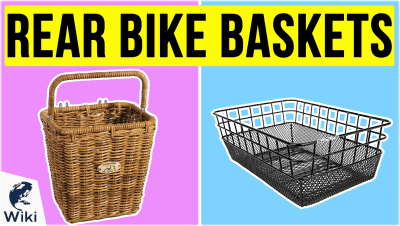The Unofficial Gods Unchained Wiki
A turn-based trading card game backed up by the Ethereum blockchain, Gods Unchained features daily battles and gives players the chance to compete for large sums of Ether in its World Championship, billing itself as "Blockchain's First eSport." We'll go over the basics of this game and why it's a step forward in the world of dapps. To learn more about unique digital assets, try this guide to crypto collectibles. This video was made with Ezvid Wikimaker.
Is Gods Unchained The Same As Magic: The Gathering?
Though there are obviously dozens and dozens of trading card games out there, most of us see decks of cards with magical beings and numbers on them and think of the classic game Magic: The Gathering. If you're not familiar with Magic, don't worry. Gods Unchained has different rules and different cards, and the websites fully explains how to play, so you don't have to come in with a lot of knowledge. What makes Gods Unchained different is that because of the blockchain, your ownership can be confirmed, so it's less likely someone could steal your cards or fake them, which is important if you want to play at a high level, where a single rare card could be the difference between winning or losing with money on the line.
The Official Gods Unchained Teaser Trailer
How Can I Earn A Profit On Gods Unchained?
The most basic way to earn Ether from playing Gods Unchained is by participating in the World Championship, a yearly tournament whose entry is capped at 20,000 tickets in the form of ERC-20 tokens. 10% of all pack sales go toward a prize pool, meaning the top players can win quite a lot. The other way to earn a profit is through the player marketplace. Because each card is an ERC-721 token, you really own your cards, and their rarity is guaranteed, as the site has promised not to compete with players and card packs are only sold for one year. If you own a rare card, it's just like other unique tokens such as CryptoKitties or Factbar. You can sell it to other players, either on the Gods Unchained site, or through marketplaces like Rare Bits and OpenSea. You can also sell tickets to the World Championship on exchanges like ForkDelta. Depending on the popularity of the game, you may be able to sell these items for more than you paid.
Opening Card Packs
In Depth
Gods Unchained is an Ethereum-based game that bills itself as "Blockchain's first eSport." It comes from Fuel Games, a startup backed by investors that include Coinbase, and the same folks responsible for the Etherbots dapp. A turn-based game using digital cards, Gods Unchained will employ both ERC721 and ERC20 tokens to hold tournaments of players using decks of cards backed up by the blockchain to compete for big rewards.
Many online games involve rare items that can be found or earned by clever players. In many games, those players can sell those rare items to others and earn a profit. However, you don't really own those guns or characters or whatever you're buying. They're controlled by the company that created the game, who can stop you from trading them or change their effectiveness without any warning.
That's why people like Fuel Games founders James and Robbie Ferguson were attracted to blockchain technology, which will allow players to really own the cards in their decks, and ensure scarcity while providing you with the knowledge that what you're buying is legitimate. To explain how this works, let's take a moment to explain what ERC-721 is and what makes these cards different from other Ethereum-based tokens.
To explain how this works, let's take a moment to explain what ERC-721 is and what makes these cards different from other Ethereum-based tokens.
Most people are familiar with Bitcoin and Ether, cryptocurrencies that rely on blockchain technology. By using a decentralized ledger, users can verify transactions without the need for a central authority. Ethereum is notable because it allows for the creation of decentralized applications, or dapps, that support the trading of alternative assets on Ethereum's blockchain.
Beyond Bitcoin and Ethereum, there are many different types of crypto coins available. Often companies will issue an "I.C.O.," where they sell tokens that represent a stake in their company, or use those tokens as currency to participate in that company's business. You can use Ether to buy and sell these tokens. With so many assets using the blockchain, a standard was developed to regulate them, known as ERC20.
When you make a transaction on the Ethereum network, no person is verifying your payment. Instead, it goes through a smart contract for the asset that you're buying or selling. ERC20 is a set of six functions for these smart contracts to ensure integration with the blockchain, and exchanges like ForkDelta allow for the trading of ERC20 tokens among users from all over the world.
When you make a transaction on the Ethereum network, no person is verifying your payment.
ERC20 tokens are like Bitcoin and Ether in that they are fungible, meaning all coins of a certain currency are the same. If you have two Bitcoins, and you plan to sell one, it doesn't matter which one you sell because they are worth the same amount. You can also deal in fractions of a coin in the same way you can with dollars and cents. But some assets are unique, or non-fungible. That's where ERC721 comes in.
ERC721 is a standard for smart contracts dealing in digital assets that are not all the same. One popular example is Factbar, online representations of facts that are researched and verified. If you own a Factbar, you are the only person who owns it at that time, and every Factbar has its own unique value. Highly-desirable Factbars are therefore very valuable because they are rare.
This standard paved the way for a lot of games in which players can buy and trade unique digital tokens in the form of cute characters. Gods Unchained takes things a step further, with players putting together decks of 30 cards. You can start off with a free pack of cards, making the game free to play. But there are also many rare cards which provide an advantage, and each card is an ERC721 token. That means you really own the cards in your deck, so your advantage in the game is verifiable.
You can start off with a free pack of cards, making the game free to play.
The website outlines the rules for those unfamiliar with these types of card games. The most basic format is the Battle Royale, where players battle in a tournament, and you can enter one Battle Royale for free each day.
In addition to the free cards, there are other packs available for purchase. The 380-card Genesis set provides many cards to choose from before you enter battle, involving strategy both in card selection and how you play them. And since each card is unique, rare cards can be sold in the player marketplace. You can build your deck through packs bought from the company, or through individual sales. It's possible for a player to earn a profit by selling these rare cards.
Gods Unchained also has ERC20 tokens in the form of tickets to their World Championship, a yearly tournament whose admission is capped at 20,000 tickets. You can receive tickets in some limited-edition packs, or purchase them until they run out. After that, they can be traded on exchanges. 10% of all pack sales go toward prizes for the World Championship, meaning great players have the chance to really cash in.
After that, they can be traded on exchanges.
Gods Unchained is still in the early stages, but has gained a lot of traction in the Ethereum community. This is largely because it is a more complex and involved game than most dapps, and utilizes an established format that is perfect for the blockchain. It remains to be seen how popular the tournaments become, and how much the value of certain cards may rise. But fans of trading card games will surely be intrigued by the chance to earn Ether from playing.

















